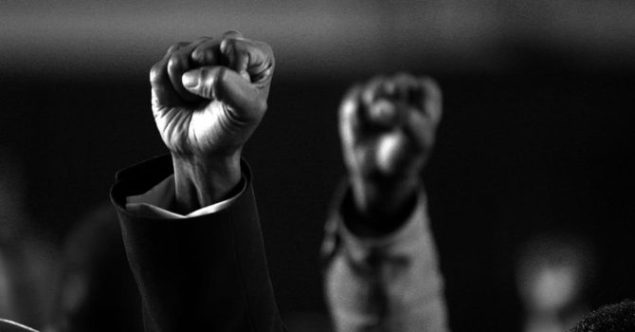
In our last post, we grappled with Carl Trueman’s claim that CRT is just Marxism with “class” replaced by “race.” I showed that CRT, following CLS, rejects this “vulgar Marxism” as both “essentialist” and “racialist.”
Today we move onto his fifth claim. (I will note that these posts are intended to be read in order; please see Part 1 for the general introduction to the series.)
(5) “Critical race theory rests on simple, therapeutic premises,” including that life is a “zero-sum game”: “Some people do not have power. They struggle and do not flourish. This happens because somebody else has seized power from them and oppresses them in an ongoing and unrelenting way.”
To begin with, no CRT scholar I’ve ever heard of “portrays life as a zero-sum game.” I think we could leave this at “citation needed,” were I that type of guy. But since Trueman believes Ibram X Kendi is somehow representative of CRT (he is not), he should actually read him on this. In this case, Kendi captures well the sentiment of most CRT scholars:
Racial reformers have customarily requested or demanded that Americans, particularly White Americans, sacrifice their own privileges for the betterment of Black people. And yet, this strategy is based on one of the oldest myths of the modern era, a myth continuously produced and reproduced by racists and antiracists alike: that racism materially benefits the majority of White people, that White people would lose and not gain in the reconstruction of an antiracist America. (Stamped From the Beginning, loc. 7980)



